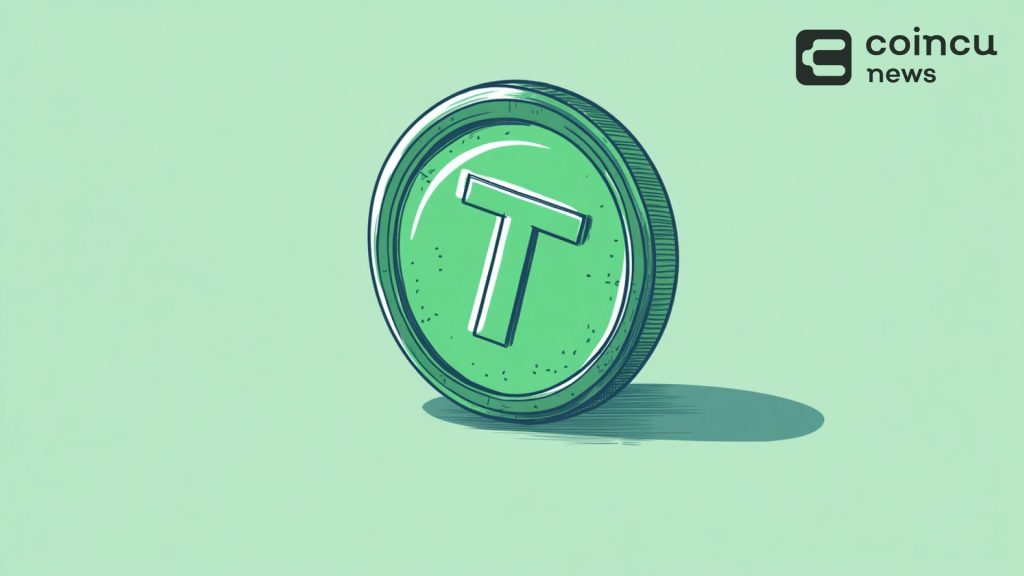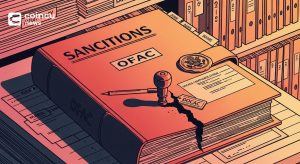Tether Stablecoin USDT Officially Recognized Legal Property Under UK Law
Key Points:
- The UK High Court ruled that English law legally recognised Tether stablecoin USDT as property.
- The case involved a fraud victim who lost £2.5 million in crypto assets.
- The court clarified that USDT can be traced and classified as trust property.
The High Court of the United Kingdom has ruled that the Tether stablecoin USDT constitutes property under English law.

Read more: Tether Transparency Problems Are Coming Under Heavy Criticism
UK High Court Rules Tether Stablecoin USDT Constitutes Legal Property
The ruling is part of a case involving a fraud victim whose cryptocurrency, including Tether stablecoin USDT, was stolen and subsequently laundered through crypto exchanges after being processed by crypto mixers.
The class-action suit was filed by Fabrizio D’Aloia, one of the scam’s victims. He said he was defrauded of nearly £2.5 million in cryptocurrency, including major stablecoins USDT and USDC. The money was washed through several blockchain wallets to fiat.
In general, D’Aloia’s lawsuit accused seven defendants, the most remarkable being big exchanges Bitkub and Binance. However, the court ruled D’Aloia had no claim against Bitkub since the company hadn’t taken any of his funds. The case against Binance had been settled earlier.
In a Sept. 12 ruling, Deputy High Court Judge Richard Farnhill said, “USDT attracts property rights under English law.” He added that Tether is “a distinct form of property not premised on an underlying legal right” and can be subject to tracing and classified as trust property.
New UK Legislation Reinforces Crypto as Personal Property
The judgment is the first full trial judgment in the UK courts on the legal status of cryptocurrency and coincides with the UK government’s drive to clarify regulation in the fast-changing cryptocurrency market.
In turn, under the proposed law drafted by the Law Commission, crypto is treated differently from other manifestations of property, such as physical possessions or financial assets, yet still as a legal asset.
The UK’s increased regulatory efforts follow several high-profile crypto bankruptcies. Because of that, crypto activities are falling under the guidance of the FCA, specifically regarding anti-money laundering and consumer protection. Recent regulations have called for crypto firms to register with the FCA and ensure that their marketing materials are approved by the same.
| DISCLAIMER: The information on this website is provided as general market commentary and does not constitute investment advice. We encourage you to do your own research before investing. |






















